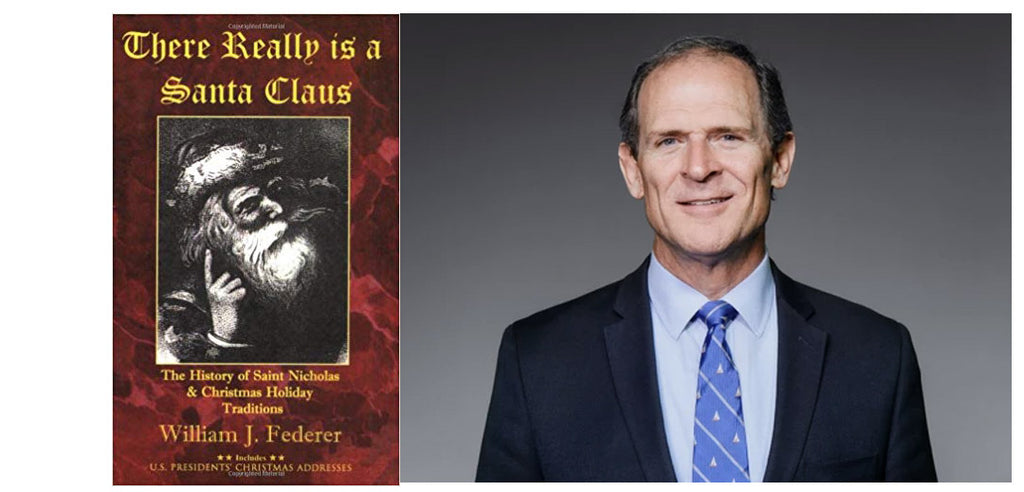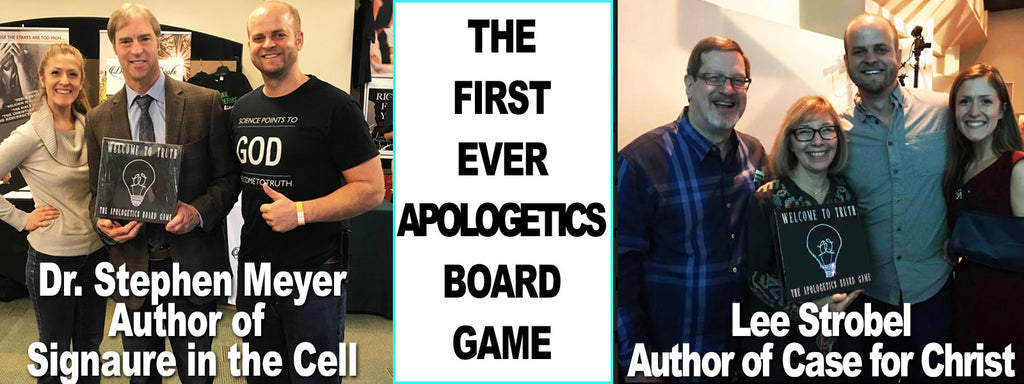What is Christmas? 12 Secrets That Will Shock You
November 21, 2019

What is Christmas REALLY about?
Is Christmas a pagan holiday?
A lot of the information we are going to be talking about comes from an incredible book by William J. Federer (pictured below), called There Really Is a Santa Claus, that I highly recommend you check out if you want more information.
You can find more books and resources by Federer at:
We are not going to be glossing over already-known information or teaching you what to write in a Christmas card, or even answering GOOGLEABLE questions like "what day is Christmas on this year (or what day is Christmas day)?"
We are going DEEPER.
In THIS blog, we will going over the little-known HISTORY OF CHRISTMAS, and answering some of your BIGGEST Christmas questions, as well as smaller ones like, "What does Merry Christmas mean?"
By the end you will be able to effectively answer the question, WHAT IS THE ORIGIN OF CHRISTMAS?
Here is a Table of Contents of the Christmas traditions and secrets we will be revealing in this post:
Who Was Saint Nicholas?
Nicholas was born in AD 280.
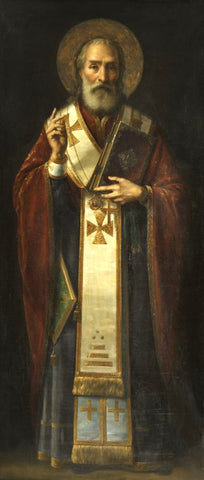
The bishop of the town of Patara was Nicholas’ uncle, whom Nicholas was named after.
Nicholas is most notably remembered for helping the family of a nobleman of Patara who had gone bankrupt.
Federer recounts the story on pg. 15 of his book:
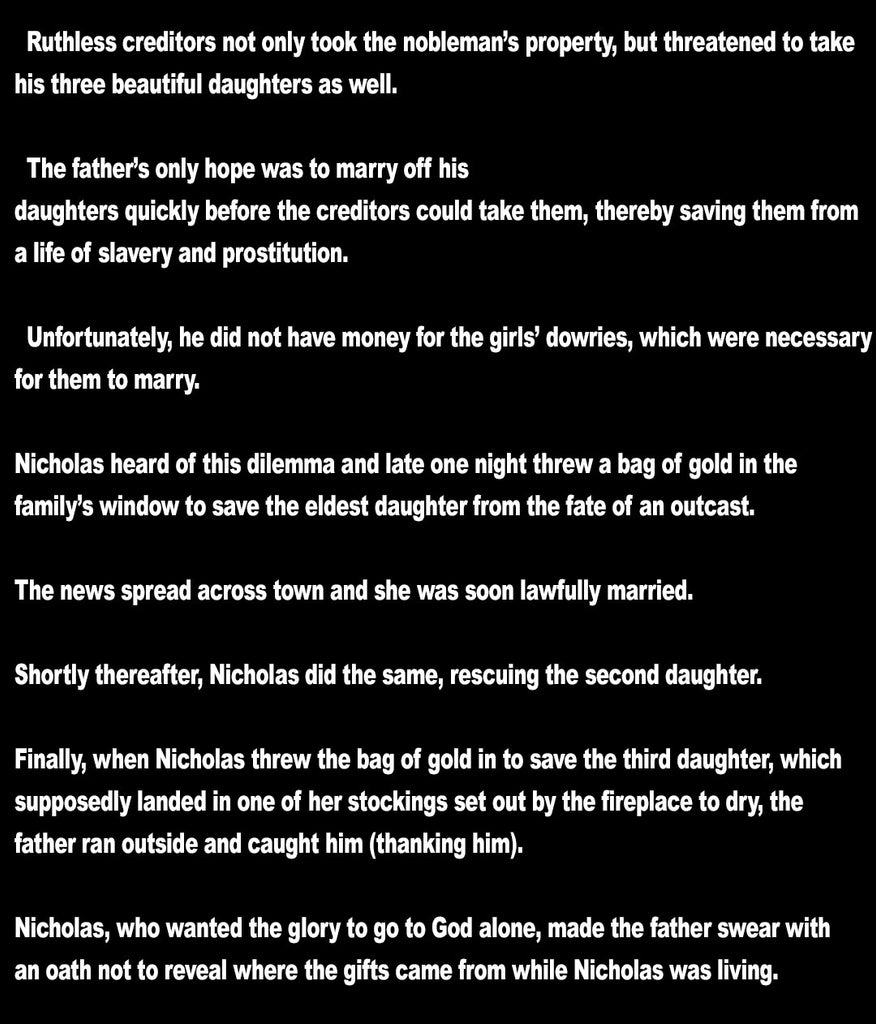
For more information on the life of Saint Nicholas, you can check out this GREAT article by Biography.com on his life:
https://www.biography.com/religious-figure/saint-nicholas
St. Nicholas Invited to Council of Nicea
Constantine (statued below) (Roman emperor from 306 to 337 AD) commanded, in the year AD 325, that an ecumenical council be convened in Nicea, a city just 300 miles from Myra.
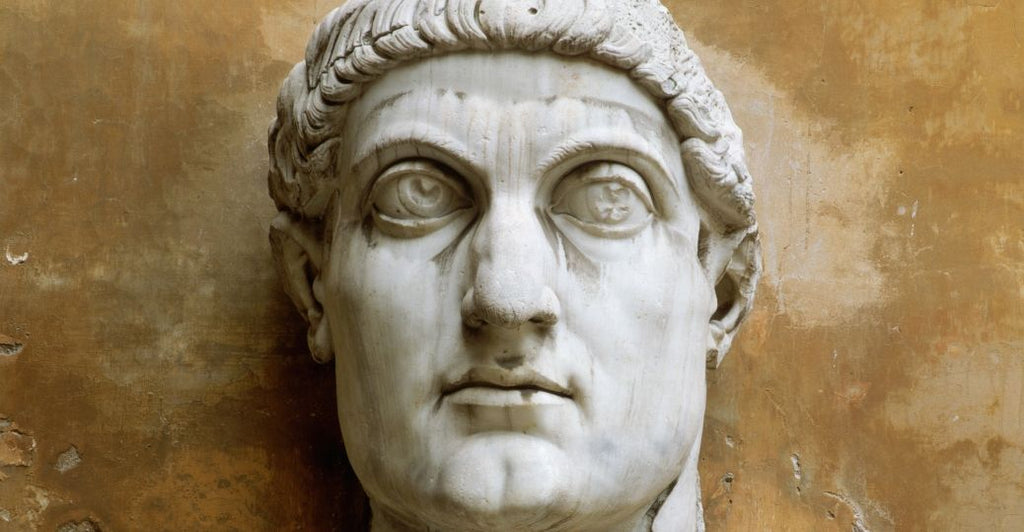
There were 318 church leaders attending from all over the Roman world, and among them was Bishop Nicholas.
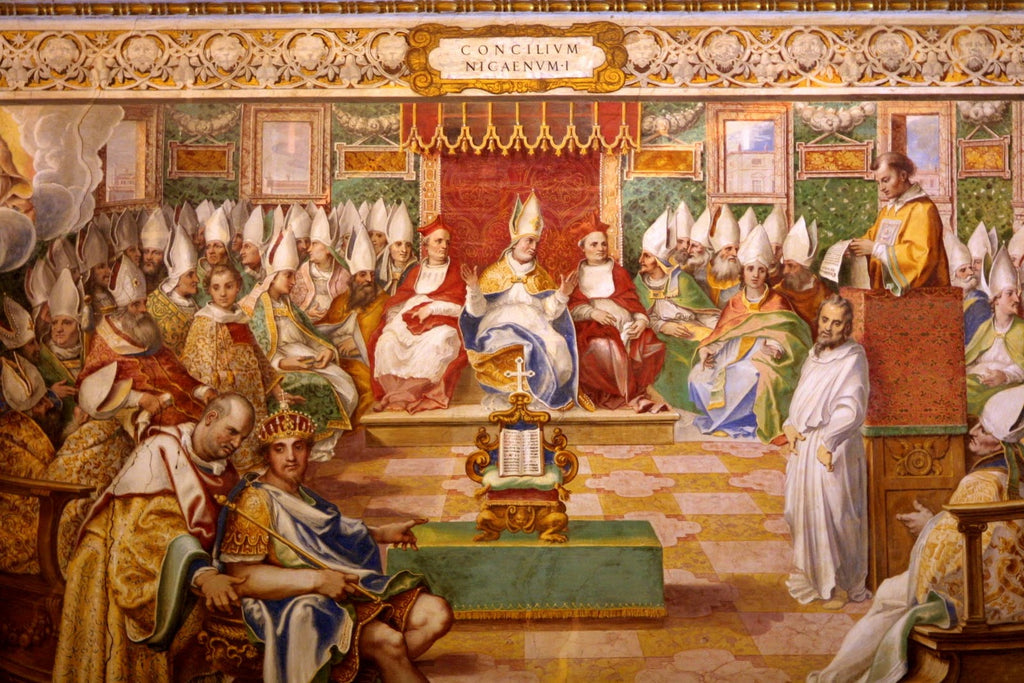
The council ended the Arian heresy, which demoted Jesus to “less than” God, and in its place affirmed the divinity of Christ, the three persons of the Trinity, and that the Son of God was of equal honor, essence, and co-everlasting with the Father.
If you would like some fascinating details on St. Nicholas actually losing his cool during the Council meeting, check out this great article that goes into very interesting detail on the matter:
Bishop Nicholas died on Dec. 6, 343 AD (keep this date in mind, it will come up very significantly later on).
NEW CHRISTIAN T-SHIRT Launch - OVER 35% OFF
Why is Christmas on December 25th?
What day is Christmas on?
OK, December 25th, right? (that also answers the question, what day is Christmas eve).
But why is Christmas on December 25th?
This question takes us all the way back 2,000 years to the time of Christ.
The tradition was that the Angel Gabriel appeared to Zechariah, telling him his wife would become pregnant while he was in the temple for the Day of Atonement, which would have been in September.
SO what does the Bible say about Christmas?
This is found in Luke 1:11-13.

His wife, Elizabeth, was 6 months pregnant with John the Baptist when Mary visited her, which would make the date of the Annunciation, when Gabriel appeared to Mary and she conceived by the Holy Spirit, around March 25th.
9 months later would therefore (according to tradition) be the day of Jesus’ birth, Dec. 25th.
For more information on the dating of Christmas as December 25th, check out:
https://www.whychristmas.com/customs/25th.shtml
Why is It Called Christmas?
So what does Christmas mean?
We ALL KNOW the routine of what to do on Christmas day, of putting up a Christmas tree, buying and opening presents, but do you know why it's even called Christmas?
In 354, just 40 years after Constantine ended the persecution of Christians, Pope Liberius (pictured below on right) led a successful effort to end the worship of the Roman god, Saturn (pictured below on left).
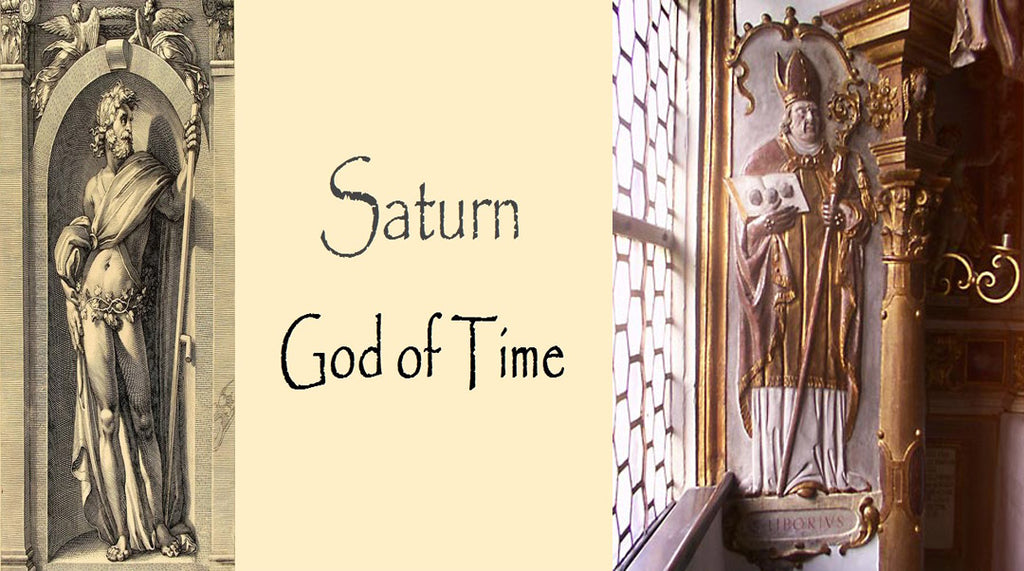
In order to celebrate the superiority of Christianity over paganism, Pope Liberius replaced the pagan day with the worship of the true Unconquered Son of God, Jesus Christ.
The word “Christmas” comes from “Christ’s Mass” or the “Mass of Christ”, which means the celebration of Christ.
The First Christmas Sermon
On Dec. 20, 386, St. John Chrysostom (347-407) preached the first known Christmas sermon in the city of Antioch.
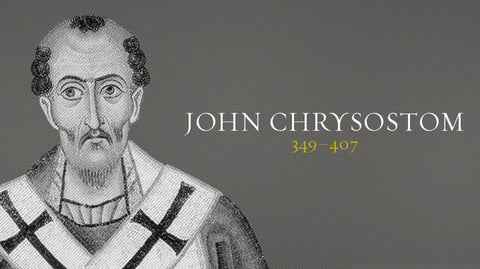
It was titled “Homily on Christmas morning”.
Here is the full version of the sermon, from a blog post by the Antiochian Orthodox Christian Archdiocese:
http://ww1.antiochian.org/node/21955
What Are the 12 Days of Christmas?
The Council of Tours, in the year 567, tried to reconcile the controversy between the Eastern church and the Western church, Christmas Day, Dec. 25th.
Recognizing Christ’s birth was remembered in Western Europe as the holiest day of the season.
However, January 6th is known as Epiphany, recognizing the visit of the wise men (and Jesus’ baptism) and was seen as the holiest day in Eastern Europe.
Since no agreement could be reached as to which day was holier, the decision was made to have all 12 days between Dec. 25th and Jan. 6th “holy days”, or as it was later pronounced “holidays”.
These became known as the 12 days of Christmas.
Here is an interesting article on the 12 Days of Christmas that goes into more detail by Vox.
https://www.vox.com/2015/12/25/10661878/12-days-of-christmas-explained
Gift Giving

Many people know the answer to the question, "What is Christmas Eve", and there are MANY different traditions of what to do on Christmas eve.
Some people open one gift, some multiple gifts, but where did gift-giving actually come from?
The tomb of St. Nicholas became (around 11th century and on) a famous location for pilgrimages.
Italy, then France, and finally all W. Europe grew in their admiration of the life of St. Nicholas.
His feast day, Dec. 6th, the anniversary of his death, was celebrated with the custom of “secret gift giving” and many other imaginative traditions.
IF YOU ENJOY LEARNING TO DEFEND YOUR CHRISTIAN FAITH, CLICK THE LINK TO CHECK OUT THE FIRST EVER "APOLOGETICS BOARD GAME".
The Nativity Scene
Let's get more into the topic of what kids say, "What is Xmas?" as we venture into the origins of the nativity scene.
BY THE WAY, many see Xmas as a slang, but did you know that the "X" actually comes from the Greek letter "CHI", which is the first letter of the Greek word Christós (Χριστός), which became Christ in English.
So anyways, the earliest discussion of the date of the nativity is in the writings of Clement of Alexandria (AD 150-215).
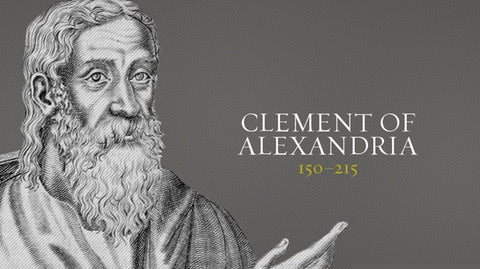
By 1223, so much attention was being given to gifts and gift-giving during the Christmas season, that Saint Francis of Assisi (1181-1226) (pictured below) was concerned it was overshadowing the true meaning of Christmas and he created the 1st nativity scene.

Here is an interesting article that is called 8 Things You Should Know About the Nativity Scenes for more information:
Reindeer, Elves and the North Pole
Eventually themes from the Bible began to be transitioned into legends and traditions of St. Nicholas.
The saints and angels (as well as Jesus) would be riding white horses.
As Federer recounts, the legend gradually transitioned into St. Nicholas coming back once a year as sort of a mini pre-judgment day, to check up on whether children were being bad or good.
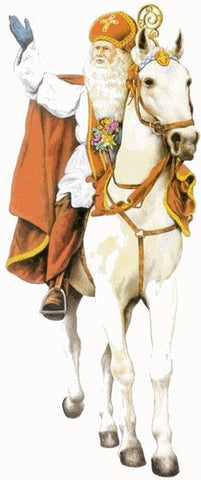
Norway, Sweden, Finland, Denmark and northern Russia had few horses, so the legend gradually transitioned into St. Nicholas riding a reindeer.
The angels, who were assumed to help keep the “Book of Works” (Rev. 21:27; Rev. 3:5; Rev. 20:12; Matt. 16:27) gradually transitioned into elves helping to keep the book of the naughty and the nice.

Jesus and the saints coming from heaven, the celestial city, the New Jerusalem (Rev. 21:2-4), gradually transitioned into the North pole.
Kris Kringle

OK, here's a simple yet very interesting one.
"Christ Child”, in old German was pronounced “Kris Kindl”, later pronounced “Kris Kringle.”
Did you know that?
Let's look at another one.
Father Christmas
Federer mentions how in 1534, King Henry VIII (pictured below) (1491-1547) (King of England from 1509-1547) was frustrated because he was unable to produce a male heir to the throne through his first wife, Catherine of Aragon (daughter of King Ferdinand and Queen Isabella of Spain).

He wanted a divorce so he could marry another, but this was against the church.
King Henry VIII then broke the English church away from Rome, along with all the honoring of saints, including St. Nicholas.
King Henry VIII, recognized the importance people placed on Christmas traditions, but instead of bringing the focus back to the “Christ Child”, Henry VIII introduced a character known as “Father Christmas,” which was a throwback to “Saturn” the Roman god of Plenty (amongst other things).
He was pictured as a large man clothed in deep green or scarlet robes lined with fur, bringing peace, joy, good food, wine and revelry.
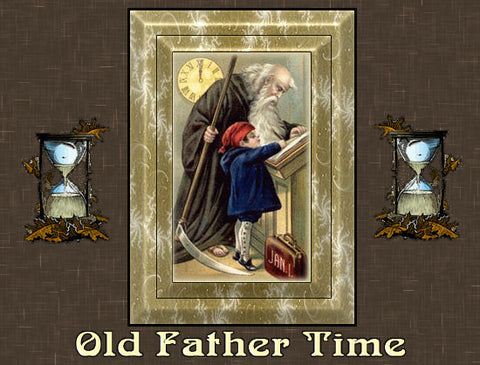
At this time of year, the ancient Romans celebrated “Saturnalia”, honoring the pagan deity with a season of merriment, feasting, gift-giving and mending of relationship.
Since England no longer kept St. Nicholas’ feast day on Dec. 6th, they moved their “Father Christmas” celebration to Dec. 25th to coincide with Christmas Day.
Names For Santa Claus
In 1623, Dutch immigrants settled New Amsterdam, which existed as a Dutch colony until 1664, when the British took control and turned the settlement into New York.
Dutch settlers brought to the New World their Christmas traditions.
They considered St. Nicholas as the “Patron Saint” of New Amsterdam.
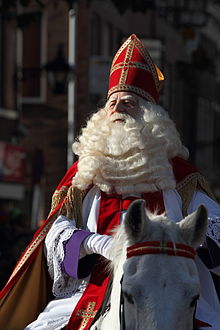
The Dutch pronunciation of St. Nicholas was “Sinter Klaas”, which became Santa Claus.
If you say, to yourself, the name, "Saint Nicholas" slowly, you can pretty quickly hear how the name "Santa Claus" could have come from that.
Santa in a Sleigh Pulled By Reindeer
We all know the answer to the question, "What does Santa look like?" but how did his reindeer get introduced into the story?
Washington Irving’s (1783-1859) book, Diedrich Knickerbocker’s a History of New York from the Beginning of the New World to the End of the Dutch Dynasty, wrote many details about St. Nicholas which became our fairy tales of Santa Claus.
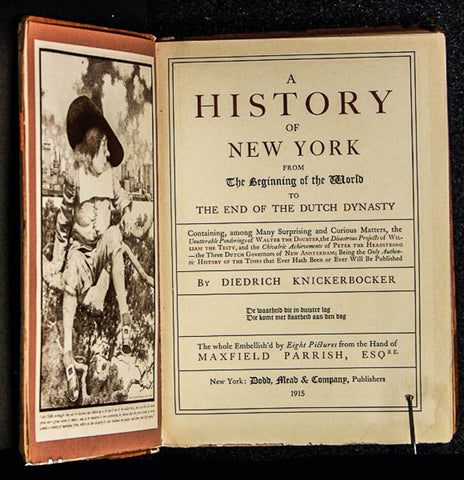
Federer recounts some of Irving's story on pg. 131 of his book (keep in mind as you are reading this that many of these ideas of Santa Claus (that we still use today) were being first created in THIS TEXT in the author's mind):
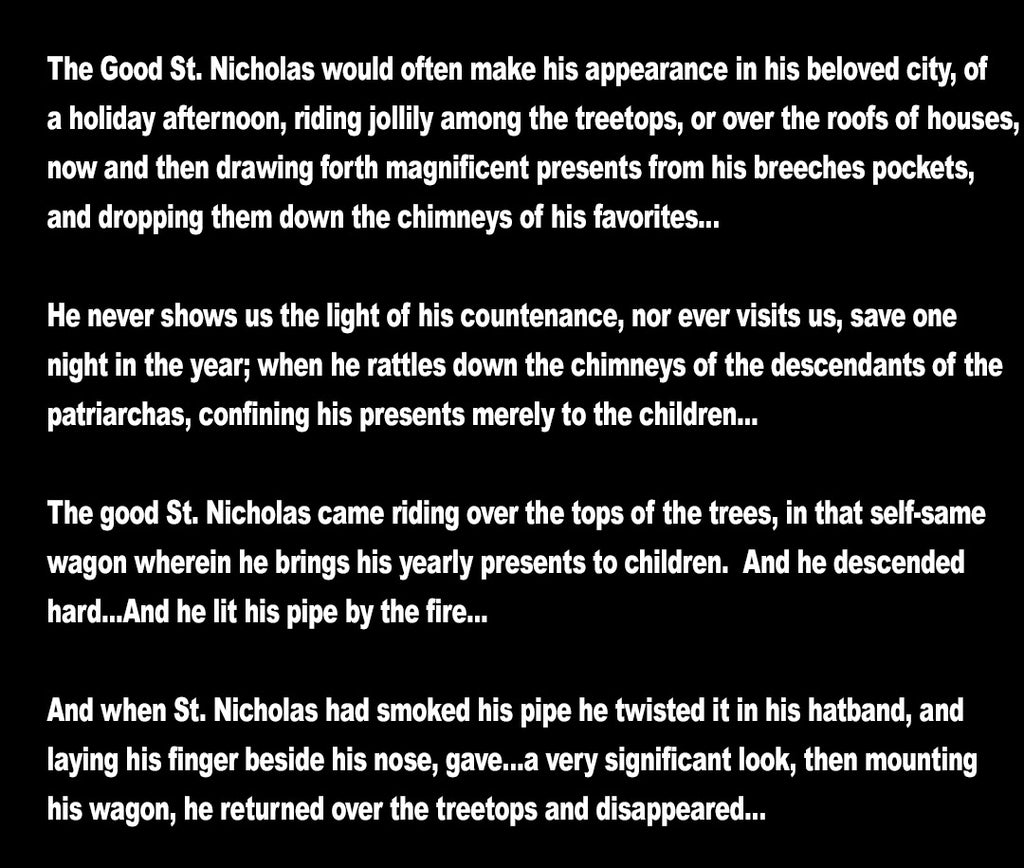
Again, keep in mind, today we have an idea of a lot of these Santa attributes because of all the movies we have seen, advertisements, etc., but at this time, Washington Irving was creating some of these attributes as an author himself, and then others were of course passed down.
Another person who made a significant impact on the whole Santa epic was Rev. Clement Moore (1779-1863).
Being the first identifiable author to mention Saint Nicholas in a sled being pulled by reindeer, Rev. Moore gave his amusing description (in 1823) of the saintly Bishop of Myra (in his poem, “A Visit from St. Nicholas”).
Without quoting the entire poem, this is the famous poem (that we still hear today) that begins (1823):
You can find the rest of the poem on a standard Google search or the link below.
This is a very interesting poem to read, especially when you consider that this was BEFORE worldwide movie theaters, cartoons and advertising campaigns.
These writers were penning the words that we took hold of and (for at least a few months of every year) built a whole culture around.
For the whole poem by Rev. Moore, check out:
https://poets.org/poem/visit-st-nicholas
The Legend of the Christmas Tree
The Christmas tree origins actually trace back (at least vaguely) to the AD 200s, with the early church father, Tertullian (pictured below).
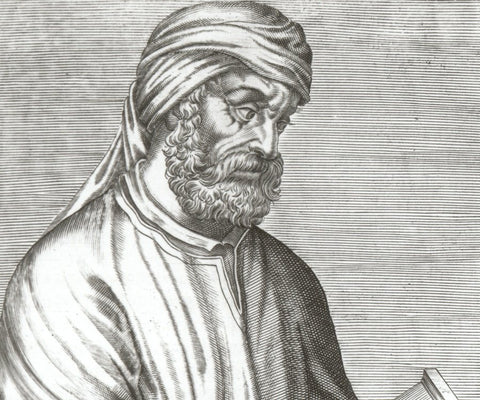
"You are the light of the world, a tree ever green, if you have renounced the heathen temple."
More specifically, in 716 AD, St. Boniface (lived 680-755), then a missionary to heathen Germany, confronted the Chieftan Gundhar, who was about to offer the little Prince Asulf as a "bloody sacrifice" to Thor.
Thor was their pagan god who supposedly lived in the huge "donor" oak tree at Geismar.
Federer tells the story that St. Boniface boldly took an axe and after a few swings at the mighty "blood" oak, an enormous wind blew the tree over.
The people then all converted to Christianity and Boniface, pointing to an evergreen tree that was next to it, said (AD 716):
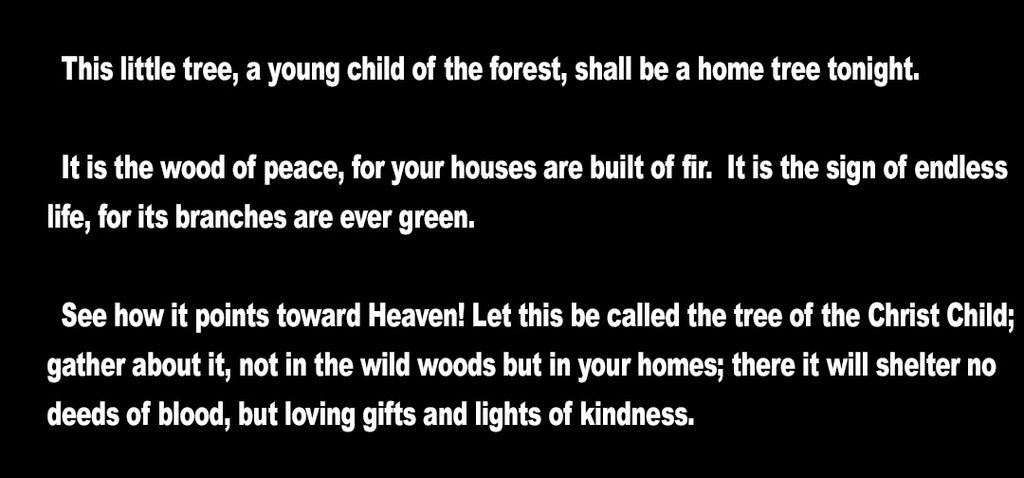
Federer explains further, that in 1520, Martin Luther (pictured below) (1483-1546) was walking on Christmas Eve under the cold December sky and noticed the countless stars illuminating the night.

He returned home, and to the delight of his wife and children, set up an evergreen tree placing a great number of small candles on its branches.
He used to tell his children the true meaning of the Christ Child, the Light of the world, whose birth had so gloriously brightened the sky on that first Christmas Eve.
He set up a nativity scene under the tree so that the lights would appear as the stars above Bethlehem.
For more content on the history of the Christmas tree, check out this post:
https://www.allaboutjesuschrist.org/origin-of-the-christmas-tree-faq.htm
Captain John Smith
One of the interesting Christmas stories comes to us in 1607.
Captain John Smith (pictured below) (that's right, the one from Pocahontas) recorded (in 1607) that the 40 survivors of the original 100 Virginia settlers gathered in their small chapel Christmas to salute the birth of Christ.
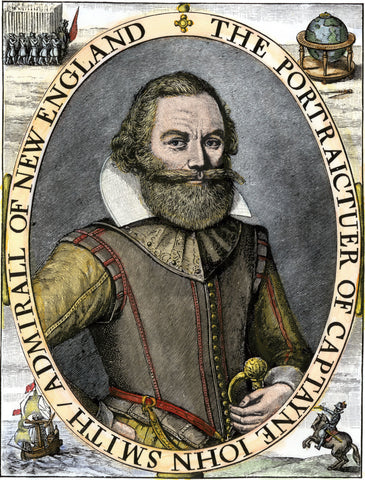
For a more in-depth telling of the story of Captain John Smith's first Christmas, check out this interesting article:
https://www.history.org/Foundation/journal/Christmas04/smith.cfm
Christmas Songs
For this final section, we will go over some of the great Christmas songs, and look at when they were first written and performed.
Joy to the World
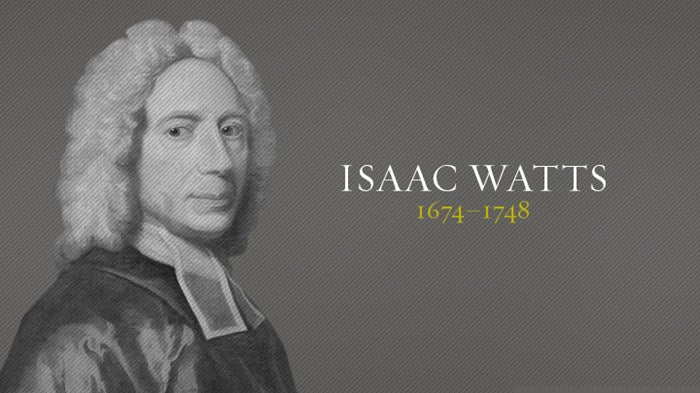
The song "Joy to the World” was written in 1707 by Isaac Watts (1674-1748). Watts is credited with around 750 hymns.
The song was published in 1719.
For the lyrics to the song, and a bit more insight, check out Godtube's entry of the song:
https://www.godtube.com/popular-hymns/joy-to-the-world/
Hark! The Herald Angels Sing
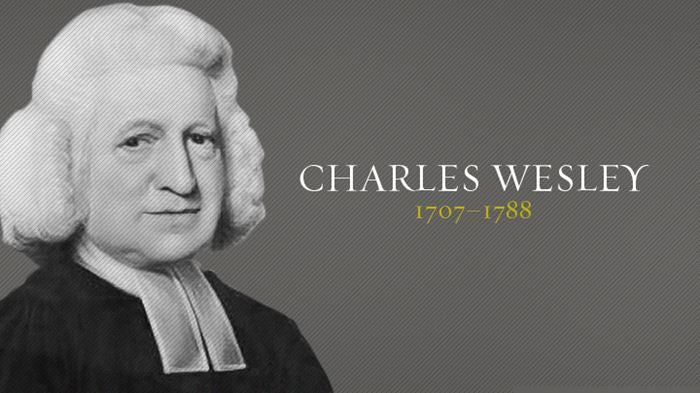
The song, “Hark! The Herald Angels Sing” was written by Charles Wesley, in 1739.
The Wesley’s preaching started the Great Awakening Revival.
John Wesley (Charles' brother) founded the Methodist Church.
Charles Wesley wrote over 6,000 hymns.
There IS debate, however, on this song, and a bit of a twist to its history.
As it turns out, there is apparently more to it.
Check out this article below if you are interested in more information:
https://blogs.loc.gov/music/2016/12/hark-the-herald-angels-sing-an-illustrated-history/
O Come, All Ye Faithful
"O Come, All Ye Faithful" was originally written in Latin as Adeste Fideles in 1740.
The song has been linked, inconclusively, to a few different writers.
It was published in “Cantus Diversi” in 1751.
The First Noel
“The First Noel” was published in 1833.
It was published in William B. Sandys's collection, Christmas Carols, Ancient and Modern.
For the lyrics, as well as some more history of the song, check out this page:
https://hymnary.org/text/the_first_noel_the_angel_did_say
O Little Town of Bethlehem
“O Little Town of Bethlehem” was written by Phillips Brooks (pictured below), in 1866.
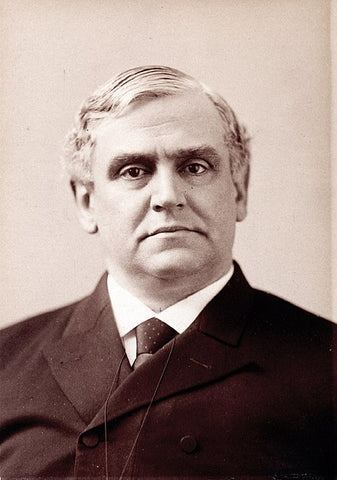
For the story behind "O Little Town of Bethlehem", check out this cool site:
O Holy Night
“O Holy Night” was composed by Adolphe Adam (pictured below) in 1847, to the French poem, "Minuit, chretiens" (Midnight, Christians) by Placide Cappeau (1808-1877).
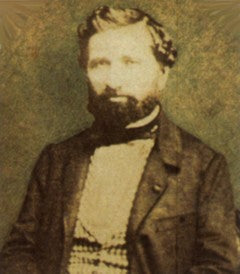
Placide Cappeau is pictured below.
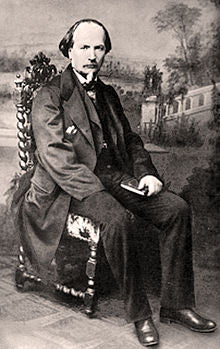
White Christmas
Irving Berlin wrote the words and music for “White Christmas” in 1942.
Here is a picture of him below.
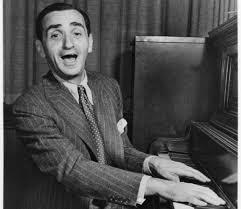
Do You Hear What I Hear?
“Do you Hear What I Hear” was written in 1962 by Noel Regney (pictured below on left) and Gloria Shayne Baker (pictured below on right).
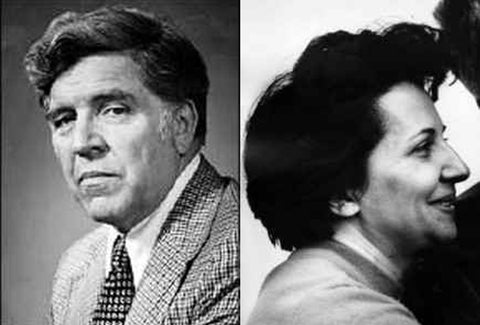
This Christmas carol was written during the Cuban Missile Crises as a call for peace.
So hopefully you have a better idea now of how to answer the question, "What is Christmas all about?"
OK now let's turn it over to you: which Christmas tradition were you most surprised with? Was it the stories of Saint Nicholas, how Santa's name evolved from Saint Nicholas to Sinter Klass to Santa Claus?
Let me know in the comments section below.
